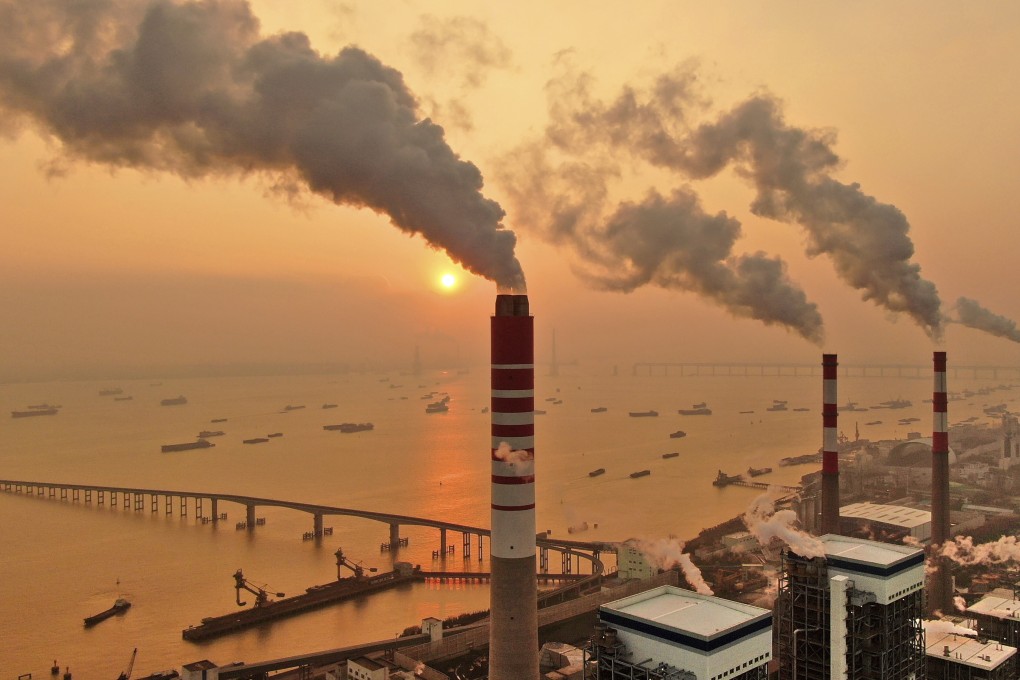Climate crisis unlikely to turn rivals China and the US into green collaborators
- Can Beijing and Washington work together on climate issues while still engaged in rows over trade, human rights and other sources of tension?
- While both sides have indicated carbon emissions must be urgently reduced, neither is likely to pass up the chance to be the world’s leader in a new technology

While China and the United States have a long list of public disagreements, tackling the threat caused by climate change has been regarded as one area of cooperation between the world’s two biggest emitters of greenhouse gases. But that is also now in dispute.
The US has said areas of conflict with China should be ring-fenced from climate discussions, a position that does not fly in Beijing, said Lauri Myllyvirta, lead analyst at the Helsinki-based Centre for Research on Energy and Clean Air.
“China not agreeing to have the climate talks in a separate sandbox was completely predictable,” said Myllyvirta. “The EU and the US have had the pipe dream of making climate a stand-alone issue. Anyone who’s had even a cursory look at China’s foreign policy knows that absolutely is not how China works.”
US Deputy Secretary of State Wendy Sherman got that message when she met vice-foreign minister Xie Feng in China on July 26. Xie told her that Washington should not expect Beijing’s unconditional cooperation while it “suppresses and contains China”.
Working together on matters such as climate, Iran’s nuclear programme and others would be preconditioned on a “favourable atmosphere in bilateral relations,” Xie said.